This article has been clinically reviewed by Jeff Williams, Licensed Clinical Social Worker – LCSW 28894.
You have probably heard of “fight or flight” when confronted with danger. But there are a couple more modes at play with humans when it comes to survival instincts, especially when responding to trauma. Freeze has its part to play, but there’s a fourth one that often hides behind a smile: fawning. Fawning because of trauma is the art of trying to stay safe by keeping everyone around you happy.
Fawning Because of Trauma
It’s saying yes even if your body and sense of right and wrong scream no. It’s smoothing over tensions that you didn’t create and that aren’t yours to carry, apologizing regardless of who’s at fault. You’re not trying to manipulate the situation. You’ve been wounded in the past and your brain is doing what it can to keep any volatility from happening again. So you find a way to calm all waters; you engage with endless politeness.
What Is Happening Here?
Your nervous system is a self-supporting and protecting entity. It moves against chaos and pain and will biologically influence behaviors in order to bring safety in any situation.
And sometimes being agreeable feels like the safest way to keep chaos at bay.
Fawning is the survival response that doesn’t get much recognition because it looks like a person being nice. But it’s usually more.
Fawning comes from the idea of an exaggerated submission. Yes, kind of like a frightened deer flattening its ears and lowering its head.
It’s a signal to others: “I’m safe; I’m harmless; I’m not a threat; Don’t hurt me.” When that reaction gets wired into human behavior through trauma, it becomes the fawn response.
Fawning isn’t the same as kindness. Kindness is a choice; fawning is a survival reflex. One comes from generosity, the other from fear. And over time, the body forgets the difference between peace and pleasing. You can become a master of emotional weather forecasting—always scanning for storms and ready to calm them with a smile or an act of service.

What Causes Fawning Behavior?
Fawning because of trauma often grow in a life where love and acceptance are conditional—where conflict felt dangerous or where being liked meant greater safety or even survival.
Children in these systems learn to regulate others’ emotions before they can regulate their own. The message, absorbed quietly over years, is simple and cruel: your worth is tied to your usefulness. By the time you have become an adult, it might manifest in over-explaining, guilt for resting, or feeling physically uneasy when someone is upset with you.
It’s part of your wiring at this point. Your body has created a reality where harmony equals safety. People-pleasing is often used interchangeably with fawning, but the difference is motive. People-pleasing wants approval. Fawning is trying to safely survive.
Am I a Fawner?
Here are a few subtle signs that might help you notice the fawn response in yourself:
- You apologize even when you haven’t done anything wrong.
- You avoid conflict at all costs, even tiny instances.
- You immediately agree with others—even before knowing your true opinion.
- You overextend yourself and then feel resentful but trapped.
- You downplay your needs because you fear being “too much.”
How Do I Stop Fawning?
Treating fawning is complex but freeing. It is not a fight with yourself to become “better.” It’s more about becoming truer. Paying attention and listening to your body. Noticing when you’re nodding along to something you disagree with. Developing the ability to stay present with your true response, even if you’re not yet secure enough to share it publicly.
An important step is gentle retraining: teaching your nervous system that disagreement doesn’t mean danger. Managing the biological effects of facing differences of opinion or an inability to take care of your own needs and the requests of those around you.
This is slow work, it takes a gentle guide that doesn’t expect you to change how you treat the world in a month. The goal isn’t to become “tougher.” It’s to feel safe enough to be honest. And honest enough to know who is hiding deep inside.
You might even stumble across the importance of boundaries and distancing from those who do not value your independence, opinions, needs, and self.
How Can Therapy Help?
At Pathways Family Therapy, we look to reconnect you to safe and true sensations, to define your own sense of what is acceptable, annunciate your own needs, rebuild your tolerance for authentic connection, and teach you that boundaries are healthy and not dangerous.
Mental health counseling and trauma-focused therapy can help you rebuild the internal signals that were wounded from the trauma you faced.
You can begin to recognize when you’re acting from anxiety instead of agency.
The gift of therapy is powerful when it guides you in practicing new patterns. Patterns that will change your behaviors and those pesky fear responses, over time.
A New Way to Feel Safe
Fawning because of trauma is how you have survived, and there’s a difference between surviving and living. Let’s work on living.
If you’re interested in make life more than just apology and accommodation, and you want to feel more whole in your own skin, please reach out for help today.
Call us at 619-541-5036, or fill out our contact request here. Healing isn’t about pleasing everyone—it’s about coming home to yourself.




